Men often get just as blindsided by menopause as we do.
They see their spouse going through…
😠Miserable mood swings
🥱Sleepless nights
🥵Sweaty hot flashes
… And they feel helpless.
Because they don’t know what to do, they might pull away at a time when their partner needs them the most.
This article is for men or non-menopausal partners who desperately want to help their spouses and support their relationship through this confusing time.
10 ways men can help their partners through menopause
1. Do your own research
Chances are, your menopausal partner didn’t know what was happening at first. They knew menopause would come eventually, but experiencing the symptoms is a whole other thing.
Both of you being armed with the right info is essential.
(Psst. My blog is an excellent resource for menopause insight.)
2. Realize this might be a long process
Be patient with your partner as they go through this transition. Even though menopause is defined as 12 consecutive months without a period, symptoms can last several years.
3. Encourage your partner to see a health professional
If she is experiencing any menopausal symptoms—hot flashes, night sweats, mood swings, brain fog, etc.—suggest that she see a professional for help. Offer to go with her for extra support.
Remind her that she doesn’t have to suffer through these symptoms and that you’re there for her every step of the way.
Here is a list of common symptoms!
4. Listen to her
Be her biggest advocate. When things are confusing, and she needs someone to talk to, listen. Menopause is a confusing time for women, so stay open and be ready to talk when she needs a sounding board or just someone to vent to.
5. Remember you’re a team
Your partner might be going through menopause, but that doesn’t mean she’s the only one affected. So, when menopausal symptoms put a strain on the relationship, it’s important to address those issues. Find ways to express how them going through menopause affects you while still making space for your partner’s experience. It’s a delicate balance.
So, instead of blowing up on your partner for their mood swings, you can calmly and productively express your feelings while offering support.
6. Ask her what she needs
Your partner might feel like she doesn’t know who she is anymore. Shifting hormones change everything from moods, sleep patterns, energy levels, and body composition. Plus, menopause is different for every woman.
Never assume what she might need. It’s better just to ask.
7. Don’t blame it all on hormones
Yes, hormones might be causing a storm in your partner’s body, but much more is happening under the surface.
She might be coming to terms with the difficulties of aging and loss of fertility (even those that are child-free). Or she might be experiencing other challenges of midlife, like becoming an empty nester, taking care of aging parents, or increased responsibility at work.
8. Prepare for your sex life to change
Many women find sex uncomfortable (or downright painful) during menopause and might feel a sharp decline in libido. Know that your partner probably feels sad, confused, and embarrassed to discuss this with you.
Even though it might be uncomfortable to talk about, it’s necessary to have that conversation so you can move forward in your sex life. Great sex is still possible during menopause! You’ll just need to be patient and ready to make some changes.
9. Show your partner you love her
With all the changes going on, your partner might be having self-esteem issues, especially if she’s struggling with her body image. In other words, she might not feel like her usual sexy, attractive self.
Give her some extra reassurance that you still love and are attracted to her when she needs the extra boost.
10. Embrace her desire to change
As challenging as menopause can be, many women describe this as a time of untapped potential. Menopause usually happens between 45 and 55 — that’s still a lot of life to live!
This can be a time of significant shifts and changes, causing women to seize new opportunities like career changes or exploring other interests they never had before. Be ready to support her throughout this process.
Supporting your partner through menopause is a matter of opening the lines of communication, being willing to change course, and being there for her in any way she needs.
Menopause could be the catalyst for making your relationship stronger than ever!
Cheers to you & your partner,
Tamsen






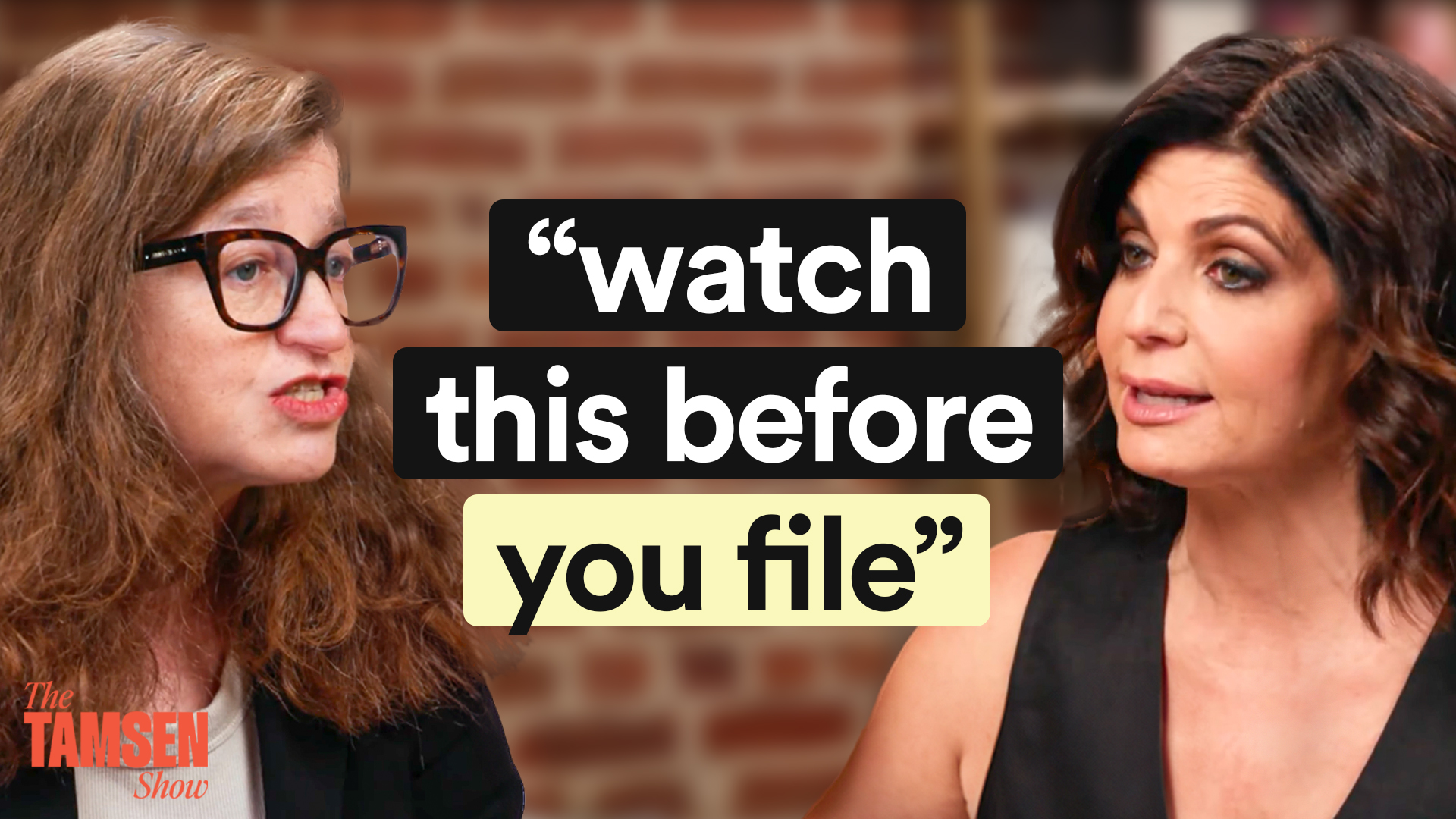
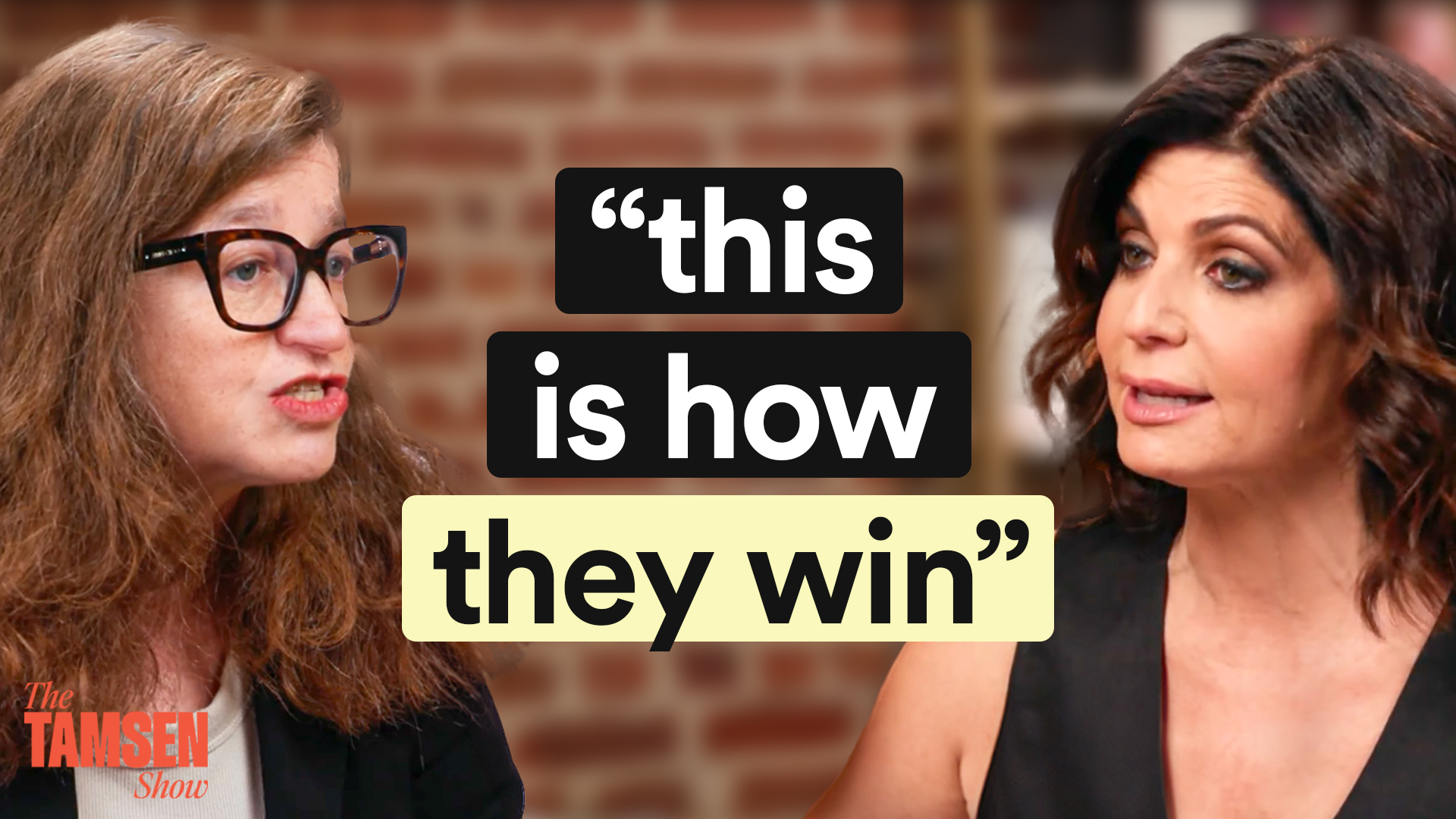
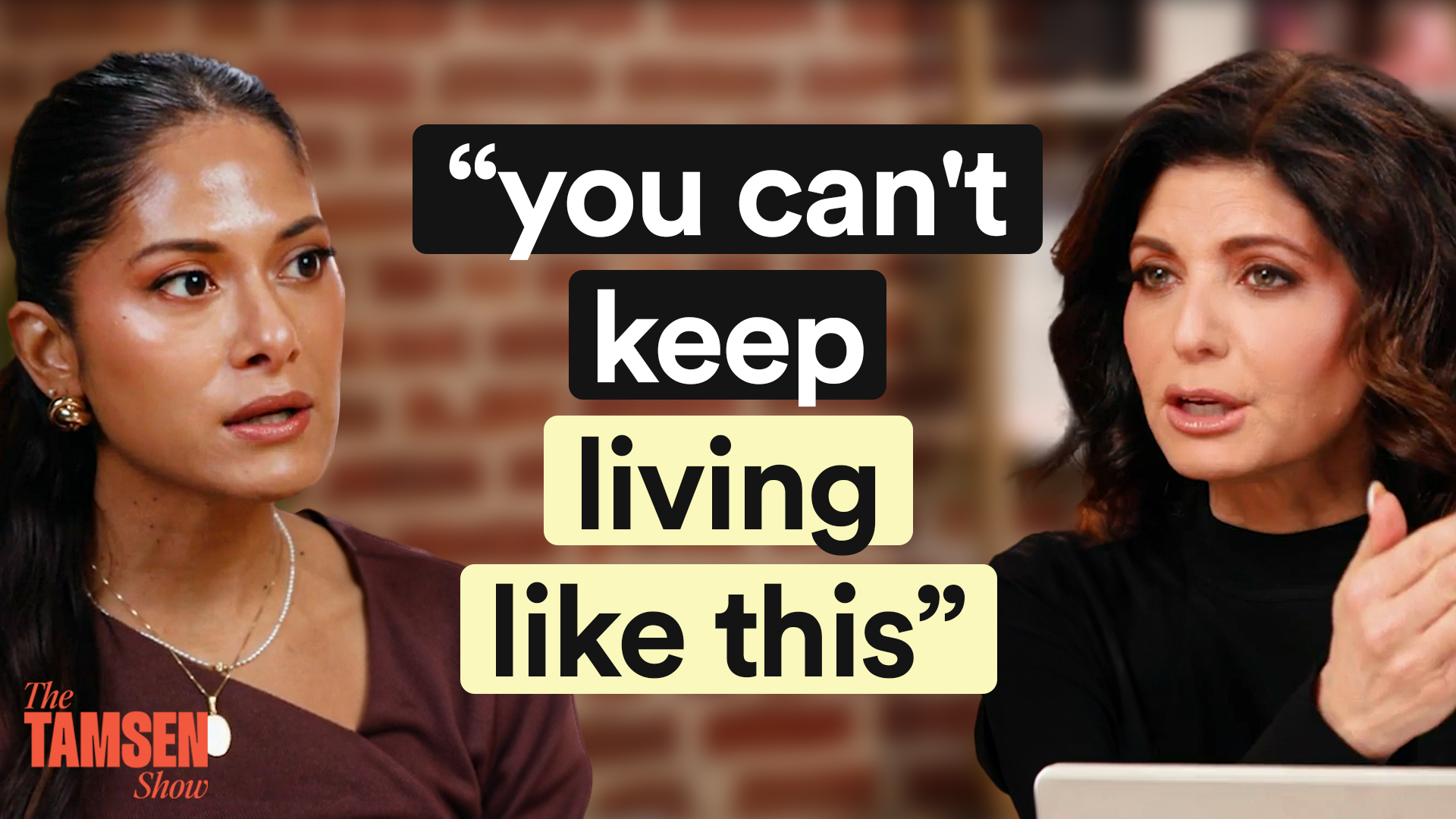
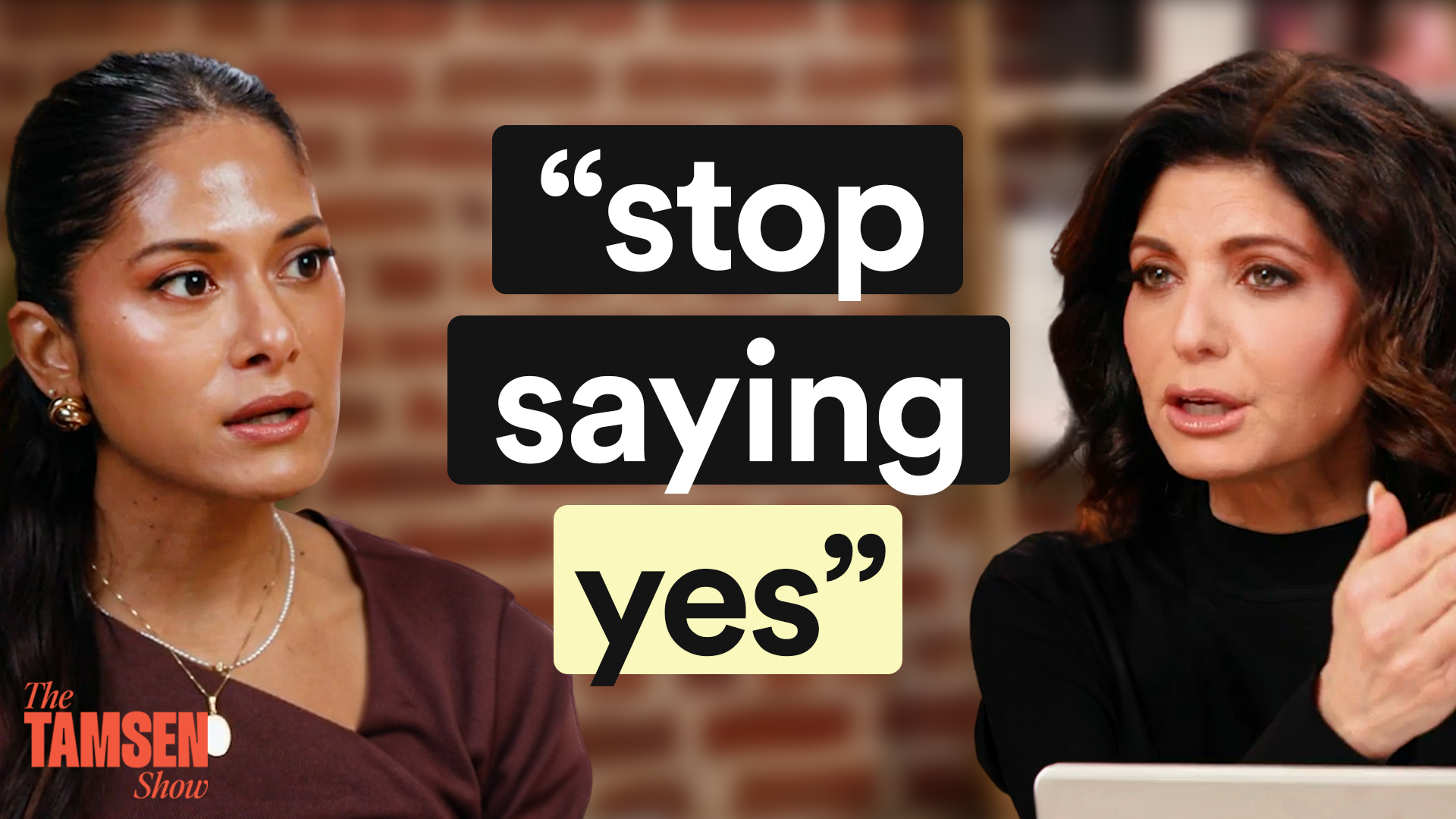
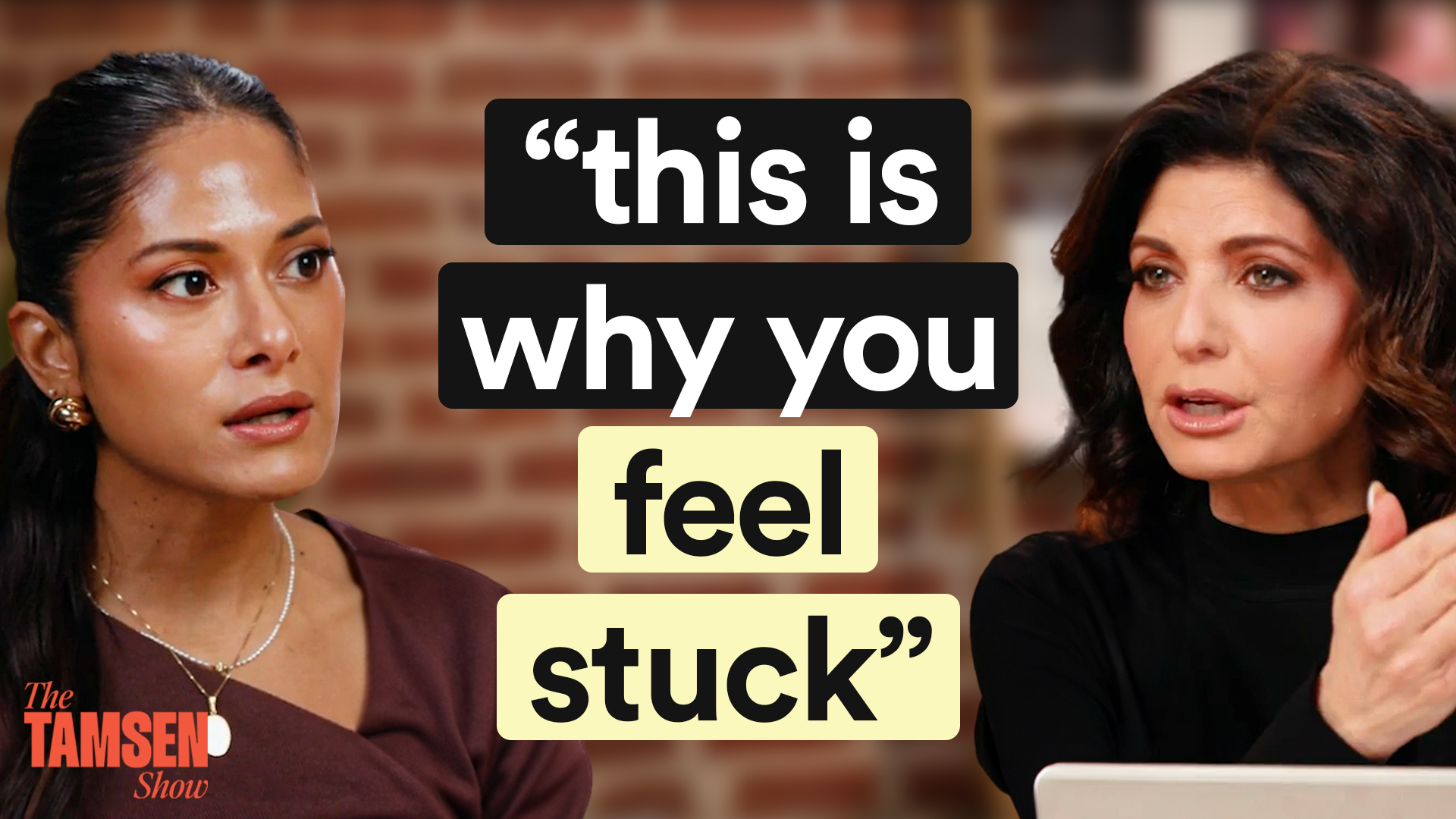
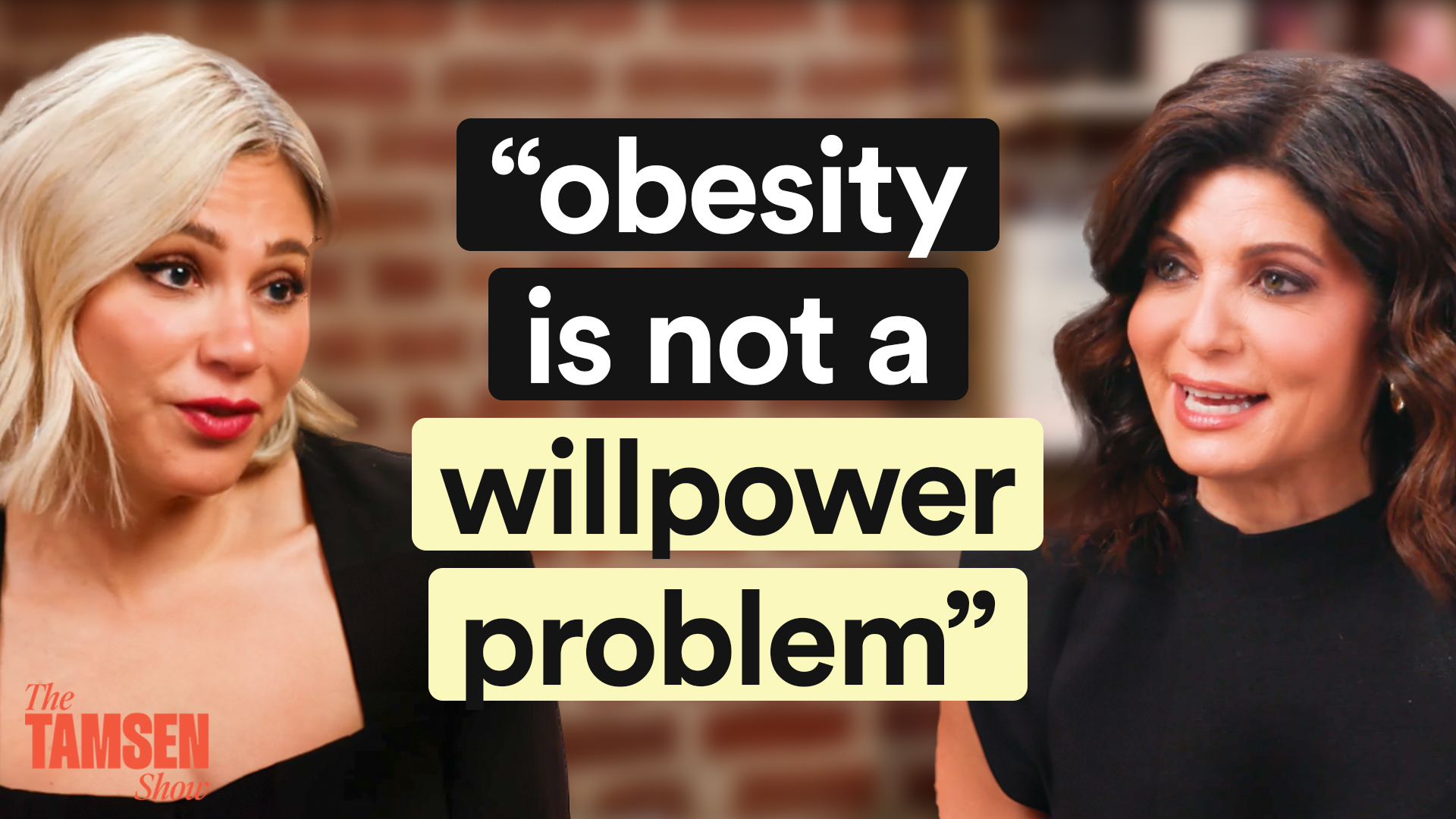
.jpg)
.jpg)


